20 Unmistakable Signs Your Teen Might Be Experimenting with Drugs
Navigating the teenage years is a complex journey for both adolescents and their parents. As teens strive for independence, they often encounter various pressures and influences. Among these, the temptation to experiment with drugs can be particularly concerning. For parents and guardians, recognizing the signs of drug experimentation is crucial to providing timely support and intervention. The teenage brain is still developing, making adolescents more susceptible to peer pressure and risky behaviors. As such, drug experimentation during these formative years can have long-lasting impacts on their health and future. This article not only highlights the signs but also emphasizes the importance of a proactive approach. By being informed and vigilant, parents can play a pivotal role in helping their teens make healthier choices. The journey begins with awareness, and this guide aims to equip you with the knowledge needed to recognize and address potential drug use in your teen.
1. Sudden Changes in Behavior

One of the first signs that might indicate drug experimentation is a sudden and unexplained change in your teen’s behavior. This can manifest in various ways, such as a shift in their attitude towards family members, a drop in academic performance, or a newfound disinterest in activities they once enjoyed. These changes can be subtle at first, making them easy to dismiss as typical teenage mood swings. However, if these behaviors persist or intensify, it may warrant a closer look. Teens experimenting with drugs often become more secretive, especially about their whereabouts and activities. They may start isolating themselves from family interactions, preferring to spend time alone or with new friends who parents have never met. This behavioral shift can be a defensive mechanism to hide their new habits. Parents should take note of these changes and consider them in the broader context of their teen's overall behavior. Engaging in open conversations without judgment can encourage your teen to share what they are going through, potentially revealing underlying issues.
2. Physical Appearance and Hygiene

Physical appearance can be a telling indicator of drug experimentation. Drugs can affect a teen's physical health, leading to noticeable changes in their appearance. Parents might observe a lack of interest in personal hygiene, such as neglecting to shower, brush teeth, or wear clean clothes. These changes might be accompanied by unexplained weight loss or gain, bloodshot eyes, or unusual smells on their clothes or breath. Additionally, teens may start wearing long sleeves or pants in warm weather to hide physical marks, such as needle marks or bruises. These changes in appearance are often coupled with a general decline in self-care and grooming habits. While these signs alone do not confirm drug use, they are worth noting, especially if they coincide with other behavioral changes. Addressing these concerns with empathy can help open up a dialogue, allowing parents to express their observations and concerns without alienating their teen.
3. Academic Decline and Truancy

A noticeable decline in academic performance is another red flag that may suggest drug experimentation. Teens who are using drugs may struggle to concentrate in class, leading to poor grades and a lack of motivation to complete assignments. Increased absenteeism or truancy is also common, as teens may skip school to use drugs or recover from their effects. Parents should monitor their teen's academic progress and maintain open communication with teachers and school counselors. Sudden disinterest in school activities, a drop in grades, or frequent complaints about school can be indicative of a larger issue. By staying involved in their teen's education, parents can better understand the challenges their teen is facing and provide the necessary support. Encouraging a positive attitude towards learning and emphasizing the importance of education can help steer teens away from destructive behaviors.
4. Changes in Social Circles

A shift in social circles is another potential sign of drug experimentation. Teens may start associating with a new group of friends, often distancing themselves from long-time companions. These new friends might have different values or behaviors that influence your teen. Parents should pay attention to these changes and consider how they might impact their teen's choices. It’s important to approach this topic with sensitivity, as teenagers are naturally inclined to explore new friendships. However, if these new relationships coincide with other concerning behaviors, it may be time to intervene. Encourage your teen to introduce their friends and get to know them. This can provide insight into the kind of influences your teen is exposed to and help you assess whether these relationships are healthy. Open discussions about friendship and peer pressure can empower teens to make positive choices and resist negative influences.
5. Emotional Instability and Mood Swings

Emotional instability and mood swings are common during adolescence, but when they become extreme or erratic, they may signal drug use. Drugs can alter brain chemistry, leading to heightened emotions, irritability, and unpredictable mood changes. Parents might notice their teen becoming unusually aggressive, anxious, or depressed. It’s crucial to differentiate between typical teenage angst and mood changes that are out of character. If your teen’s emotional responses seem disproportionate or are accompanied by other signs of drug use, it’s important to address these concerns. Creating a safe space for your teen to express their emotions can help them feel supported. Encourage them to talk about their feelings and listen actively without judgment. Professional counseling may also be beneficial in helping your teen navigate their emotions and any underlying issues contributing to their behavior.
6. Financial Irregularities
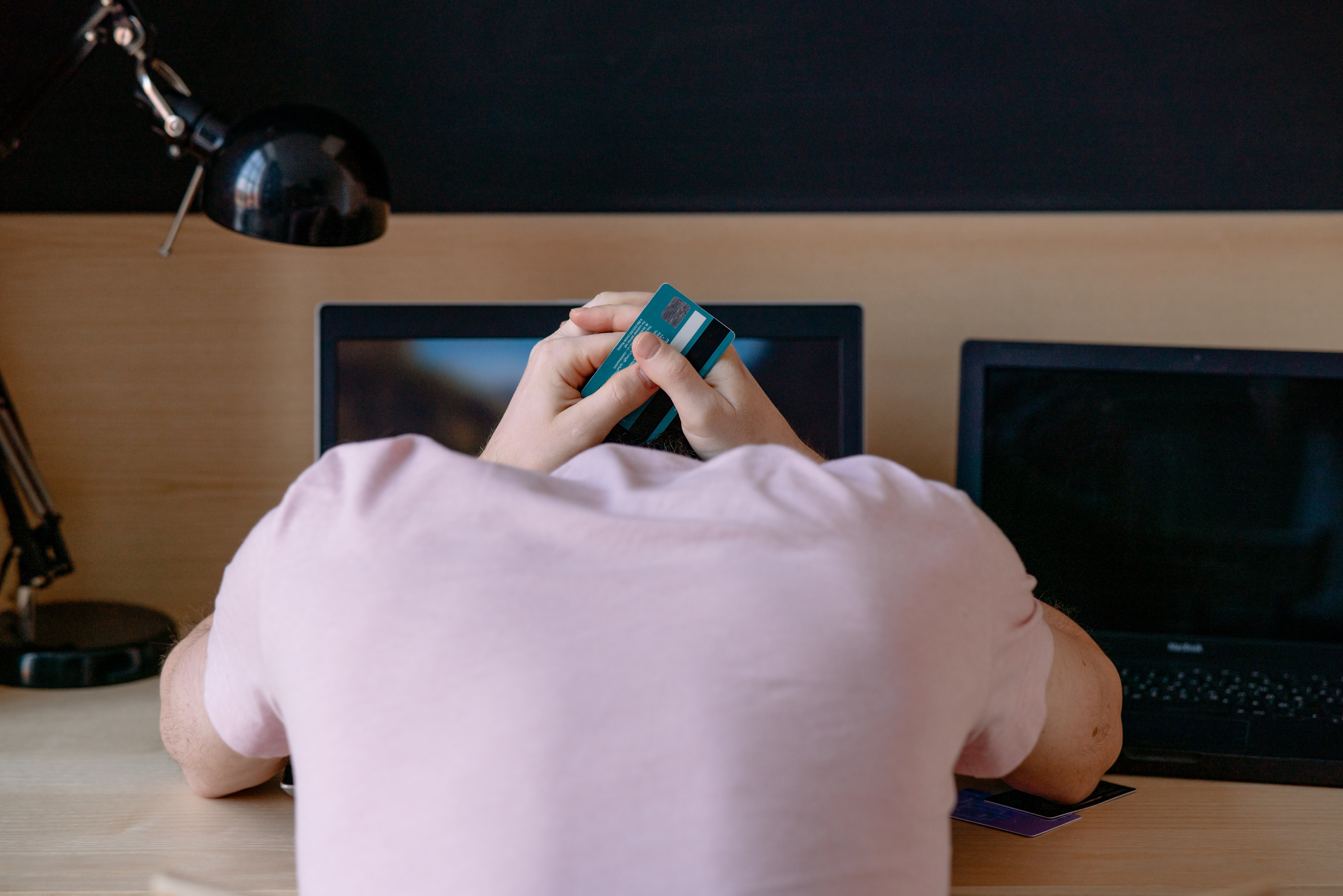
Unexplained financial irregularities can also be a sign of drug experimentation. Teens may start asking for more money without a clear explanation or begin stealing money from family members. Parents might notice missing valuables or unexplained charges on their credit cards. These financial discrepancies often arise because teens need funds to purchase drugs. Monitoring your teen’s spending habits and being aware of any sudden changes can provide clues about potential drug use. It’s important to address these issues directly, discussing the importance of financial responsibility and the consequences of theft. Teaching your teen about budgeting and money management can also help them develop healthier financial habits. If financial irregularities persist, consider seeking professional help to address any underlying issues and prevent further escalation.
7. Paraphernalia and Unusual Items
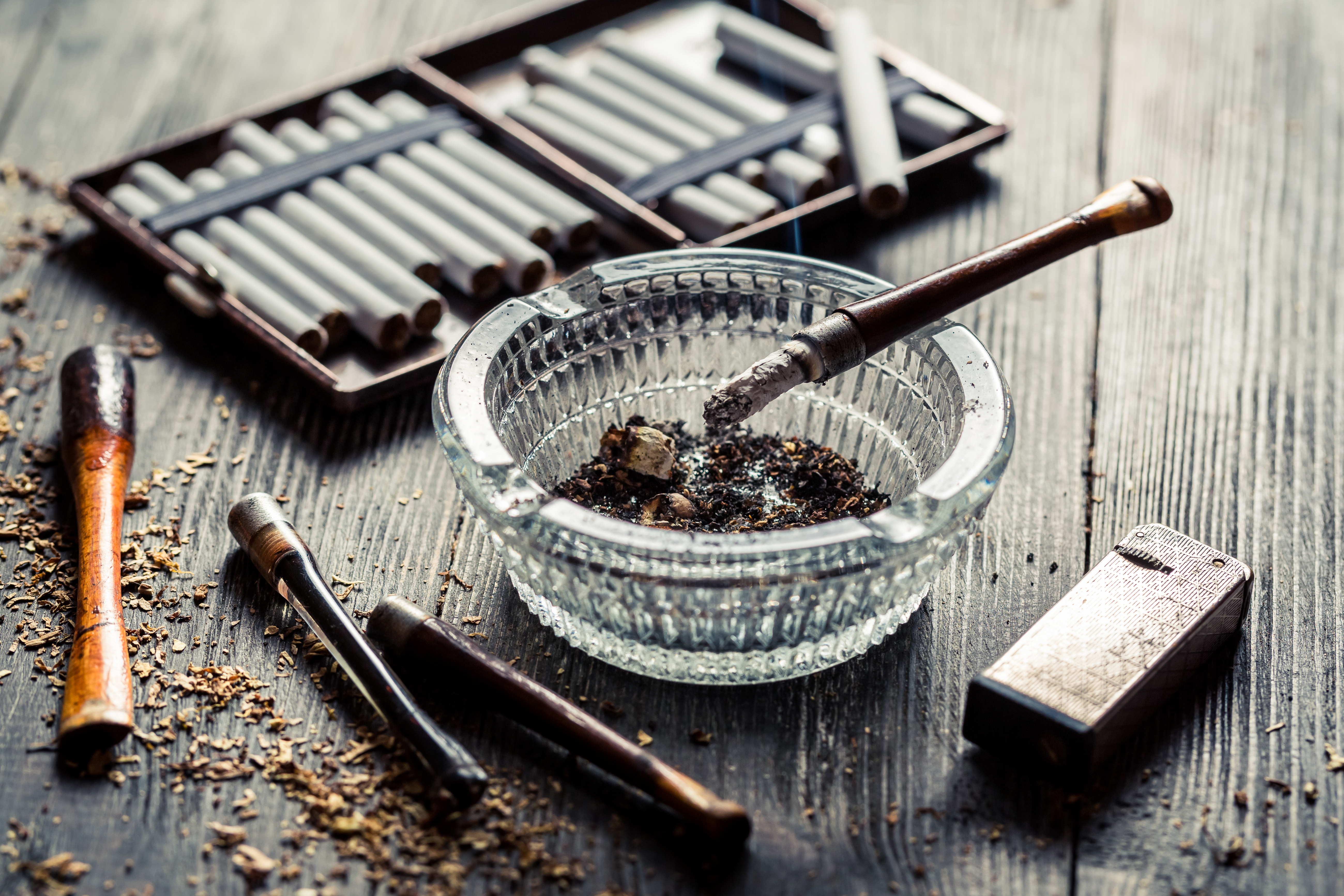
Finding drug paraphernalia or unusual items in your teen’s possession is a clear indicator that they may be experimenting with drugs. This can include items such as rolling papers, pipes, small bags, or unfamiliar pills. Parents should be vigilant about checking their teen’s room, car, or personal belongings for any suspicious items. While it can be challenging to confront your teen about these discoveries, it’s important to do so calmly and without accusation. Express your concerns and ask for an explanation. This conversation can provide an opportunity for your teen to open up about their experiences and seek help if needed. Educating yourself about different types of drugs and their paraphernalia can also help you identify potential signs of use and understand the risks involved.
8. Health Issues and Physical Complaints
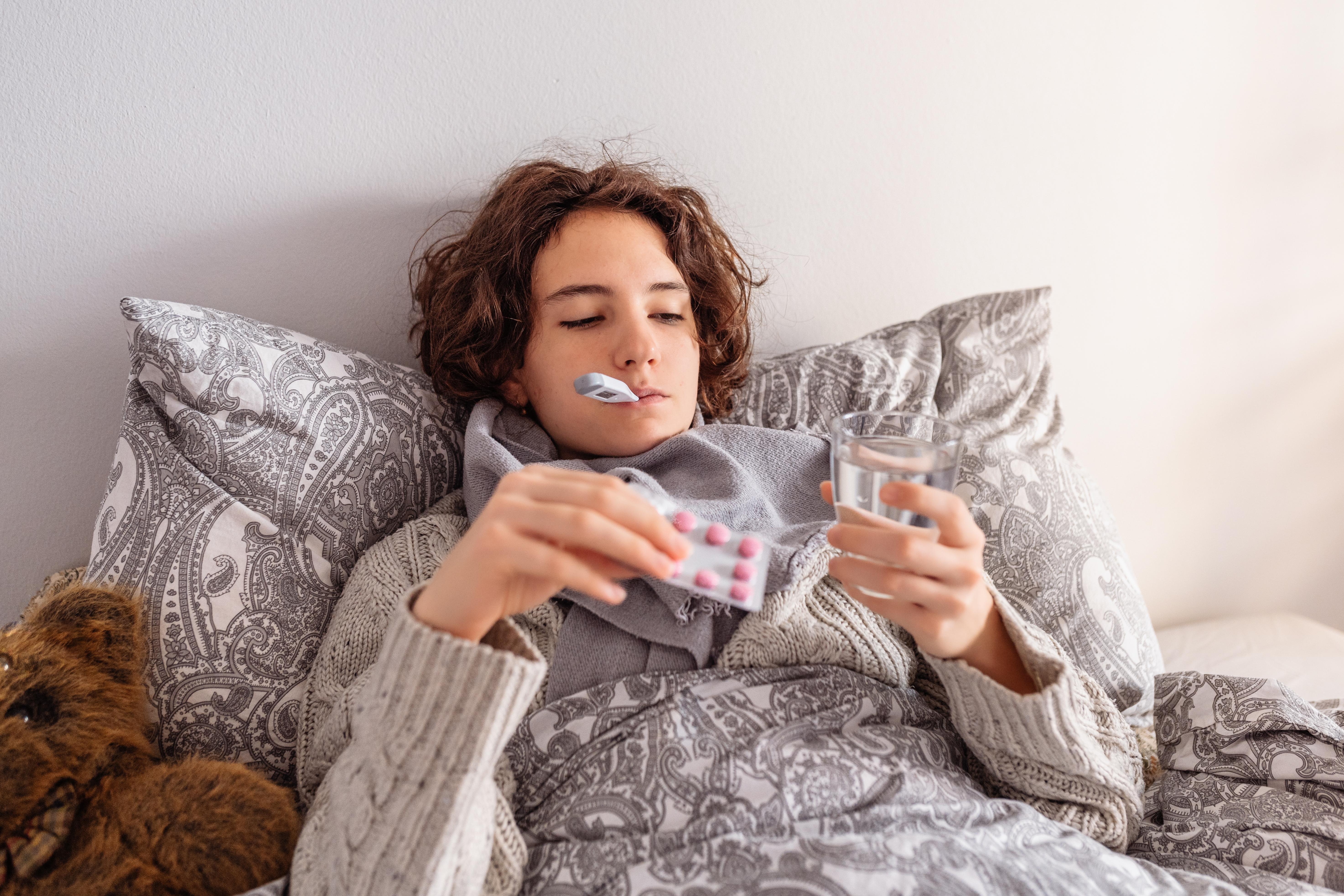
Drug use can lead to various health issues and physical complaints, which may serve as warning signs for parents. Teens might experience frequent headaches, nausea, or unexplained fatigue. Changes in appetite, sleep disturbances, and a decline in overall health can also be indicative of drug use. Parents should pay attention to any persistent health complaints and seek medical advice if necessary. Regular check-ups with a healthcare provider can help identify any underlying issues and provide guidance on how to address them. Encouraging your teen to maintain a healthy lifestyle, including proper nutrition, exercise, and sleep, can also support their overall well-being. If drug use is suspected, professional intervention may be needed to address both the physical and psychological aspects of addiction.
9. Legal Troubles and Risky Behavior
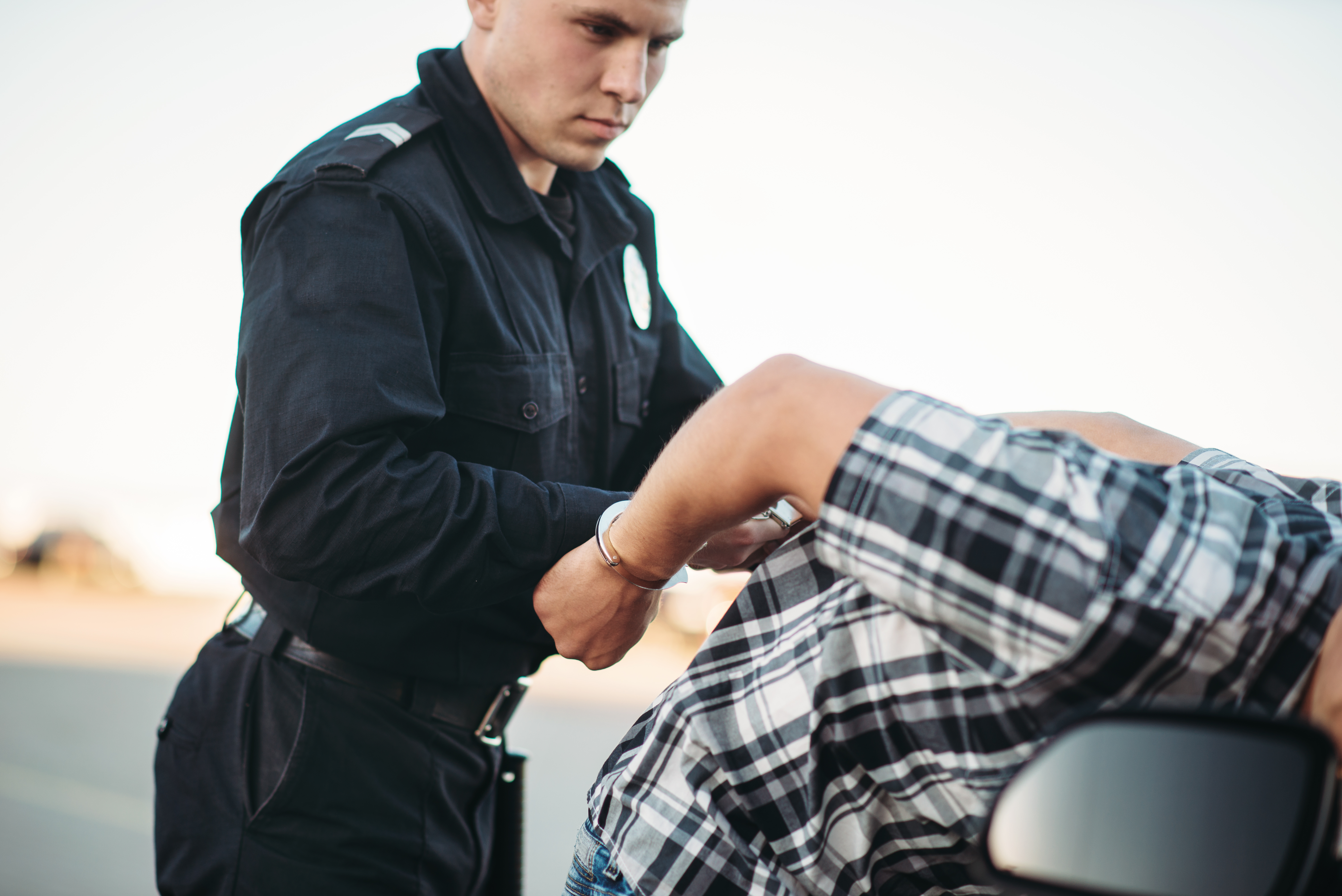
Teens experimenting with drugs may engage in risky behaviors that lead to legal troubles. This can include activities such as shoplifting, vandalism, or driving under the influence. Parents should be alert to any signs of legal issues, such as receiving calls from the police or noticing unexplained legal documents. Addressing these concerns promptly is crucial to prevent further escalation. Discuss the consequences of illegal activities and the importance of making responsible choices. Encourage your teen to reflect on their actions and consider the impact on their future. Seeking legal advice and professional counseling can also help your teen navigate the legal system and develop healthier coping mechanisms. By addressing these issues early on, parents can help their teen avoid long-term consequences and support their journey towards recovery.
10. Changes in Sleep Patterns

Erratic sleep patterns can be a red flag for drug experimentation. Teens using drugs may experience insomnia, unusual fatigue, or irregular sleep schedules. You might notice them staying up all night, sleeping excessively during the day, or appearing unusually lethargic. Some drugs can act as stimulants, disrupting natural sleep rhythms, while others may cause drowsiness or a sedative-like effect. These changes in sleep habits can impact their energy levels, mood, and overall functioning. Parents should observe these shifts and consider their broader context, such as academic or social pressures. Encouraging open dialogue about healthy sleep habits and stress management can help your teen develop better routines. If these sleep disturbances persist, consulting a healthcare professional can provide insights and support tailored to your teen’s needs.
11. Unusual or Strong Odors on Clothes, Breath, or in Their Room

Beyond just bad breath or neglected hygiene, pay attention to unusual or strong chemical, sweet, or smoky odors clinging to your teen's clothes, hair, or breath, or persistently lingering in their bedroom. This isn't just about cigarettes or marijuana; some substances leave distinct, often unfamiliar, chemical smells. Your teen might try to mask these with excessive perfume, cologne, or air fresheners, which can also be a clue. A persistent, unidentifiable smell that doesn't dissipate with airing out suggests exposure to substances they're trying to conceal.
12. Loss of Interest in Appearance or Grooming

A general decline in interest in their personal appearance or usual grooming habits can signal a shift in priorities related to drug use. Where they once cared about their clothes, hair, or hygiene, they might now appear disheveled, wear the same clothes repeatedly, or neglect basic self-care like showering. This isn't just laziness; it's often a symptom of apathy or being too preoccupied with substance use to maintain their previous standards, reflecting a deeper disengagement from healthy routines and self-respect.
13. Increased Secrecy and Evasiveness

A noticeable and consistent increase in secretive behavior, evasiveness when questioned, or locking their bedroom door when they previously didn't, is a significant red flag. Your teen might become highly protective of their phone, computer, or personal belongings, constantly changing passwords or taking their device everywhere. They might avoid eye contact when you ask about their day, become defensive, or disappear for long periods without explanation. This heightened need for privacy often stems from a desire to hide drug use, paraphernalia, or the physical effects of being under the influence.
14. Unexplained Disappearance of Household Items or Valuables

A very concerning sign is the unexplained disappearance of money, jewelry, electronics, or other valuables from the home. While a single missing item might be dismissed, a pattern of items going missing, especially if they are small, easily pawned, or converted to cash, strongly suggests a need to fund a drug habit. This often goes hand-in-hand with financial irregularities (as mentioned in point 6) and indicates a growing desperation to acquire substances.
15. Changes in Eating Habits and Appetite
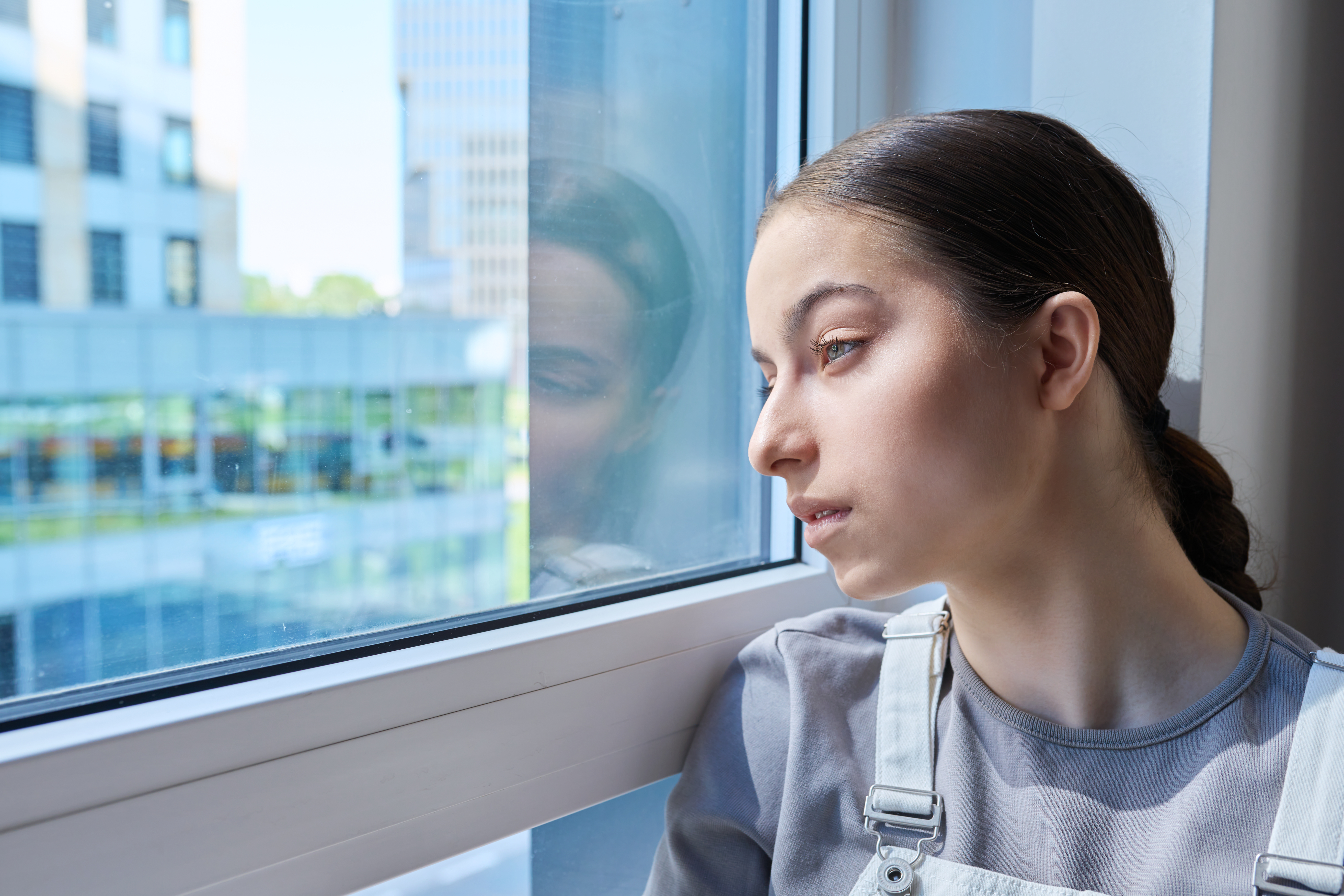
Drug experimentation can significantly impact a teen's metabolism and appetite, leading to noticeable changes in their eating habits. Some drugs (stimulants like amphetamines) can cause a drastic loss of appetite and significant weight loss, leading to a gaunt appearance. Others (like marijuana) can trigger intense hunger or "munchies." Conversely, the general disruption to routines and physical health from drug use can lead to irregular eating or a complete disinterest in food, contributing to unhealthy weight fluctuations and nutritional deficiencies.
16. Becoming Hyperactive, Agitated, or Restless

While some drugs cause lethargy, others lead to unusual hyperactivity, agitation, or restlessness. Your teen might seem unable to sit still, constantly fidgeting, talking rapidly, or having difficulty focusing on one task. They may become easily agitated, irritable, or even aggressive, especially if they are coming down from a stimulant or experiencing withdrawal. This heightened state of arousal is often a direct neurological effect of certain substances, making their behavior seem erratic and out of character.
17. New or Excessive Use of Slang or Code Words

Listen carefully to your teen's conversations, especially with new friends. A sudden adoption of new or excessive slang or code words that you don't understand, particularly when discussing plans or substances, can be a red flag. Teens might use specific terms to refer to drugs, drug use, or paraphernalia, creating a coded language to avoid detection. While teens naturally adopt new slang, a rapid immersion into a specific, secretive vocabulary warrants attention.
18. Unusual Sensitivity to Light or Sound

Beyond typical headaches, an unusual or heightened sensitivity to light (photophobia) or sound (phonophobia) can indicate drug influence or withdrawal. Certain substances can make normal sensory input feel overwhelming or painful. Your teen might start wearing sunglasses indoors, complain about normal noise levels, or become withdrawn in brightly lit or noisy environments. This sensory overload is a physiological sign that something is disrupting their brain's normal processing.
19. Disrupted Family Relationships or Hostility

Drug experimentation can profoundly strain family dynamics, leading to disrupted family relationships or outright hostility. Your teen might become increasingly withdrawn from family activities, arguments may become more frequent and intense, or they might exhibit disrespectful or defiant behavior that is out of character. The focus on drug use can diminish their emotional connection to family, leading to defensiveness, anger, and a breakdown in communication, making family interactions feel tense and uncomfortable.
20. Obvious Signs of Intoxication (Slurred Speech, Lack of Coordination)

While often the most obvious, direct signs of intoxication should never be ignored, even if rationalized. This includes slurred speech, unsteady gait or lack of coordination, glazed or bloodshot eyes, dilated or pinpoint pupils, unusual smells, or a general disorientation. While these are clear indicators that drug use has occurred, they might be missed if the teen is adept at hiding or if parents are not present during peak intoxication. Any instance of these signs warrants immediate and serious concern.
Taking Action and Offering Support

Recognizing the signs of drug experimentation in your teen is the first step towards providing the support they need. While it can be overwhelming to confront the possibility of drug use, it’s important to approach the situation with empathy and understanding. Open communication, active listening, and a non-judgmental attitude can create a safe space for your teen to share their experiences and seek help. If you suspect your teen is experimenting with drugs, consider seeking professional guidance from counselors, therapists, or support groups. These resources can offer valuable insights and strategies for addressing drug use and supporting your teen’s recovery. Remember, the goal is to help your teen make healthier choices and navigate the challenges of adolescence with confidence. By being informed and proactive, you can play a vital role in guiding your teen towards a brighter future.